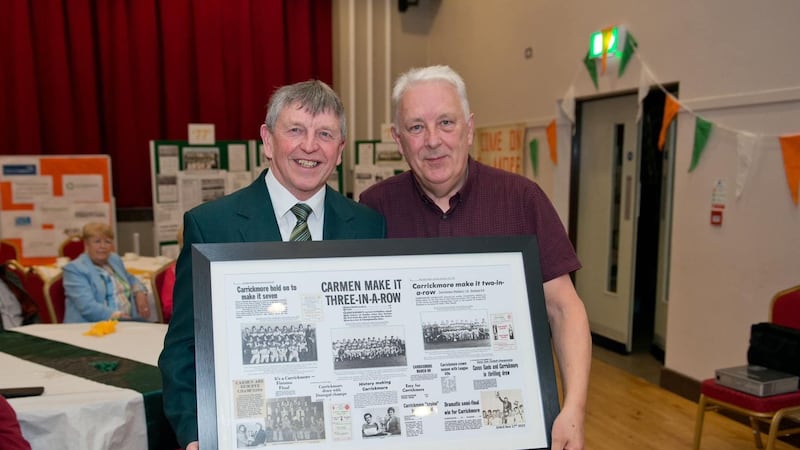IT remains unclear whether the names of any claimants of the Renewable Heat Incentive (RHI) scheme will be published on Wednesday following a legal challenge.
On Tuesday, a High Court judge temporarily banned publication of the names of more than 300 boiler owners who are members of the Renewable Heat Association of Northern Ireland.
Economy minister Simon Hamilton was set to reveal a list of all of those receiving subsidies on the botched RHI scheme.
But as a group of boiler operators launched a legal challenge to the plans, Mr Justice Deeny imposed an interim injunction to stop any members' personal details being disclosed.
His order will remain in place for up to a week and covers only those in the association.
Asked if the Department for the Economy plans to proceed with naming the hundreds of other recipients today, a spokeswoman said: "The minister is considering the court judgment and will reflect on options to ensure maximum transparency on the details of non-domestic RHI recipients consistent with today’s ruling".
Lawyers for the association claimed publishing names would create a media "feeding frenzy" and threaten the reputation of individuals who have done nothing wrong.
They also argued that Mr Hamilton's plan breaches privacy and data protection laws.
The RHI scheme, set up to encourage businesses to move from using fossil fuels, has been surrounded by controversy since it emerged that users could earn cash for burning more fuel than they needed.
The flawed scheme could end up costing the public purse up to £490m.
Judicial review proceedings were issued by Michael Doran, chairman of the association.
Mr Doran, who also heads up non-profit group Action Renewables, does not have a boiler and receives no RHI subsidies.
He is representing more than 300 non-domestic operators, including poultry and mushroom producers, seeking an order quashing the minister's plans to reveal their details.
Gerald Simpson QC, for Mr Doran and a boiler owner referred to as DA, told the court that media coverage of the RHI scheme had been "sensationalist".
He claimed publicity has centred on alleged abuses of the scheme.
The barrister revealed that 'DA' has spent around £300,000 in purchasing and installing biomass boilers for his poultry business.
He argued that those on the non-domestic scheme have a legitimate expectation that their privacy would be protected.
"What's anticipated here is the public dissemination to all and sundry of personal data identifying these individuals," Mr Simpson said.
"That is likely to lead to a feeding frenzy by the media, who are determined to identify all of the people who participated in this scheme, to investigate their backgrounds and everything else."
According to Mr Simpson publication would deflect criticism from officials and political representatives onto individual RHI recipients - most of whom have been operating the boilers legitimately.
"The reputation of individuals who have done nothing wrong will be damaged simply by the fact their names are being put in the public domain at a time when there's sensationalist reporting of the matter," he said.
However, Tony McGleenan QC, for the department, said public interest issues outweigh any privacy entitlements.
"It cannot be overstated that there's deep and profound public interest in understanding how this scheme operates and how it can be that the public purse will be depleted to the extent forecast this year and in coming years," he said.
Mr Justice Deeny reserved judgment in the case until next week.








